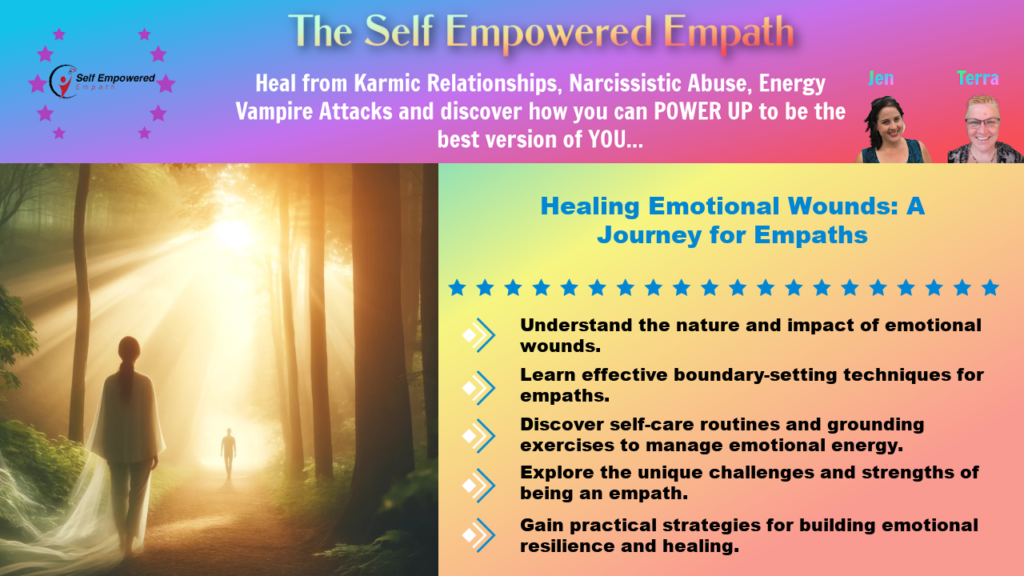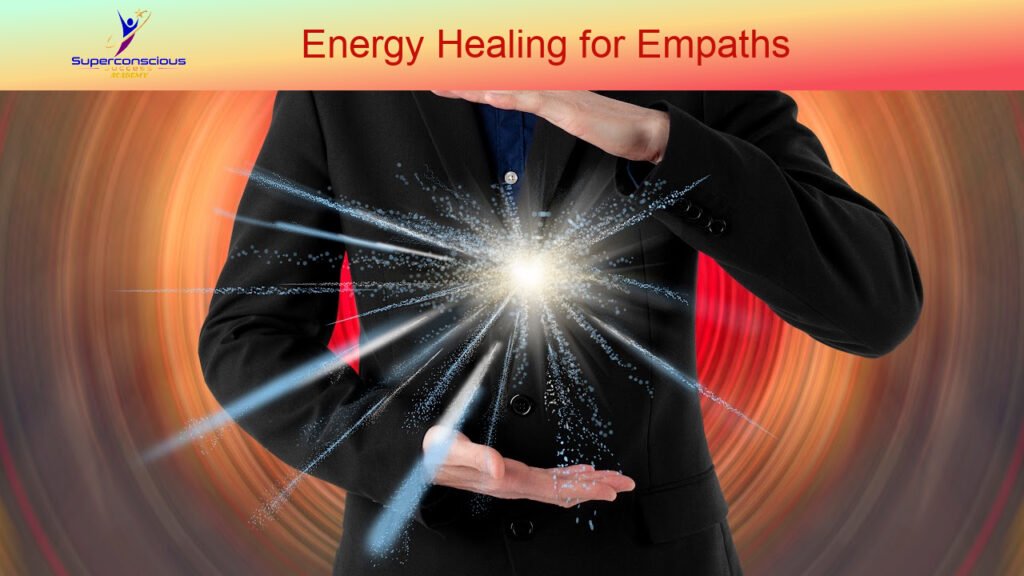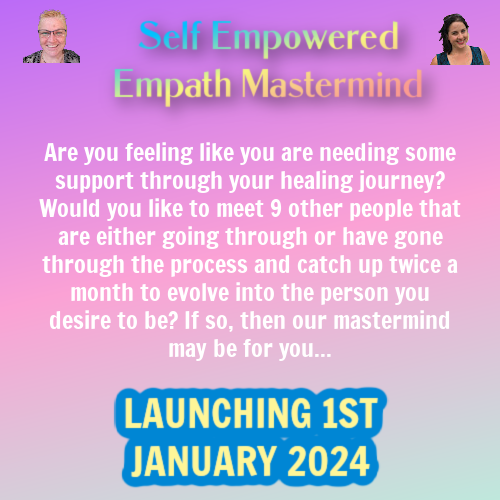
6. Building Resilience and Moving Forward
- 1. Understanding Emotional Wounds
- 2. The Empath’s Journey: Challenges of Being an Empath
- 3. The Empath’s Journey: Strengths of Being an Empath
- 4. The Empath’s Journey: Leveraging Your Sensitivity
- 5. Healing Techniques for Empaths
- 6. Building Resilience and Moving Forward
- 7. Conclusion
- 8. Additional Resources and Content
Navigating the intricate path of emotional wounds can be especially challenging for empaths, who naturally absorb and feel the emotions of those around them. Understanding how these wounds manifest and the unique obstacles faced by empaths is crucial for effective healing. The following sections outline common issues experienced by empaths, along with techniques to balance and leverage their sensitivity for personal growth and well-being:
Establishing Healthy Boundaries
Building resilience is crucial for maintaining your emotional well-being. One foundational strategy is establishing healthy boundaries. Boundaries serve as a protective barrier, preventing the emotional overwhelm you often experience. By clearly defining your limits and openly communicating them, you can create a balanced environment that nurtures your emotional health. This might involve setting aside time for self-care, saying no to demands that drain your energy, or limiting interactions with people who consistently bring negativity into your life. Boundaries are not just about protecting yourself; they are also about creating space for the positive influences that uplift and support you.
Developing A Strong Support System
Developing a strong support network is equally important. Surround yourself with understanding and empathetic individuals who can offer emotional support and validation. This network could include family, friends, or support groups specifically for empaths. A reliable support system ensures you don’t feel isolated in your emotional experiences, fostering a sense of community and shared understanding. These connections can provide a safe space for sharing your feelings, seeking advice, and receiving encouragement. Remember, having someone to talk to can significantly reduce stress and help you gain perspective on your challenges.
Continuous Self Reflection and Personal Growth
Continuous self-reflection and personal growth are also pivotal for building resilience. Regularly engage in practices like journaling, meditation, or therapy to better understand your emotional triggers and responses. Journaling allows you to express and process your emotions, track your progress, and identify patterns in your thoughts and behaviors. Meditation helps calm your mind, reduce stress, and enhance your emotional clarity. Therapy offers professional guidance and tools to navigate your emotional landscape more effectively. This self-awareness is key in managing your emotions and finding effective coping strategies. By knowing yourself better, you can anticipate your reactions and choose healthier ways to cope with stress and adversity.
Practice Self Compassion and Patience
Remember to practice self-compassion and patience. Healing emotional wounds is not a linear process; it takes time and gentle self-care. Self-compassion involves acknowledging your emotions without judgment and treating yourself with the same kindness you would offer a friend. This could mean allowing yourself to rest when you’re tired, forgiving yourself for mistakes, or simply taking a moment to acknowledge your feelings without trying to change them. Patience is crucial as well, as rushing your healing process can lead to frustration and setbacks. Trust that improvement will come with consistent effort and self-love.
Incorporate Physical Wellness
Incorporating physical wellness practices such as regular exercise, a balanced diet, and sufficient sleep can also bolster your resilience. Exercise releases endorphins that can improve your mood and reduce stress. A nutritious diet supports overall well-being and brain function, making it easier to handle emotional ups and downs. Adequate sleep ensures that your body and mind are well-rested and better equipped to face daily challenges with a clear and focused mind.
6. Building Resilience and Moving Forward
- 1. Understanding Emotional Wounds
- 2. The Empath’s Journey: Challenges of Being an Empath
- 3. The Empath’s Journey: Strengths of Being an Empath
- 4. The Empath’s Journey: Leveraging Your Sensitivity
- 5. Healing Techniques for Empaths
- 6. Building Resilience and Moving Forward
- 7. Conclusion
- 8. Additional Resources and Content











